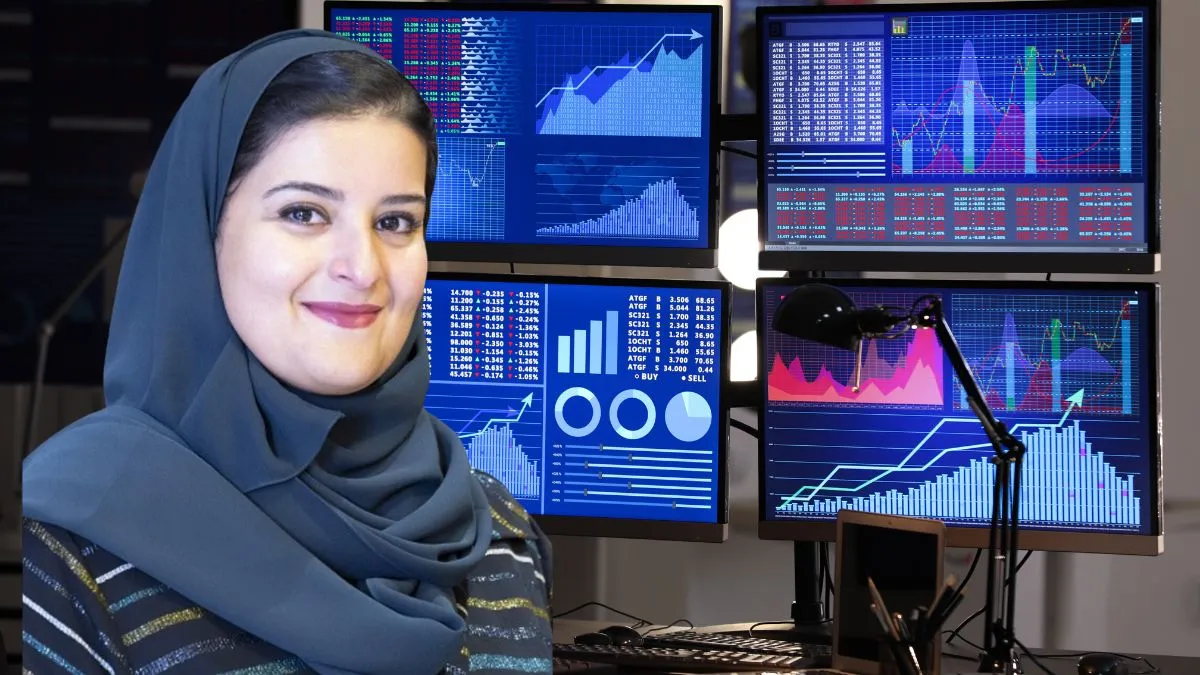- By Aditya Pratap Singh
- Tue, 02 Apr 2024 12:37 PM (IST)
- Source:JND
Who Is Sarah Al-Suhaimi: In a landmark move for the Arab financial world, Sarah Al-Suhaimi became the first woman to head the Saudi Stock Exchange. The story of 44-year-old Sohaimi is not only a success story, but also a testament to the changing role of women in the workplace in Saudi Arabia.
Sara Al-Suhaimi graduated with honors from King Saud University's accounting program and completed the General Management Program at Harvard Business School in 2015. She comes from a banking family. Her father, Jamaj Al-Suhaimi, held important positions at Gulf Bank and the Saudi Arabian Capital Markets Authority. Al- Suhaimi followed in her father's footsteps by graduating with honors, paving the way for her career in finance and investment.
Suhaimi career began when she became the chief executive of NCB Capital, which merged with Samba, an investment firm, to form Saudi Arabia's largest commercial bank. However, his most notable achievement was making history as the first chairman of the Saudi Stock Exchange, Tadawul, in 2017.
This not only made a splash in Saudi Arabia, but around the world. Additionally, under her leadership, NCB Capital has truly played a pioneering role in the regional financial landscape, introducing innovative investment strategies and achieving outstanding results for its clients. Adding to her achievements, she was also named in Forbes magazine's 2019 list of the World's 100 Most Powerful Women.
Sarah Al-Suhaimi faced several challenges early in her career in the financial sector. When she joined the investment division of Samba Financial Group, she was often accused of nepotism by her colleagues. However, her dedication, determination and ability proved everyone wrong and she rose through the ranks. As she asserts, diversity in leadership is not only a matter of fairness but also a driver of innovation and success.
